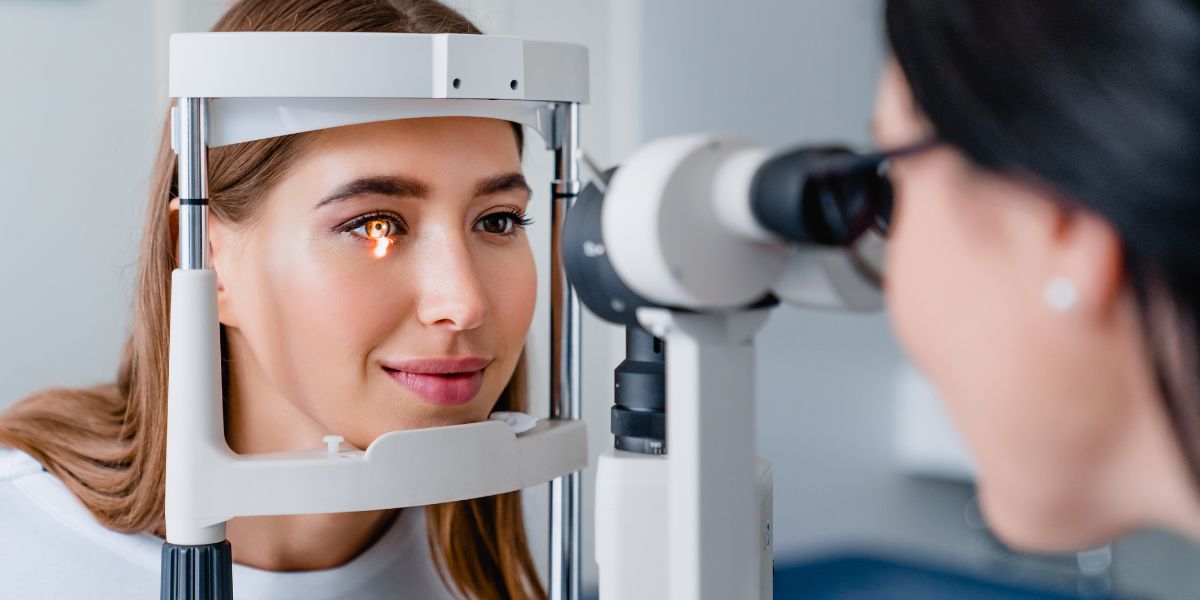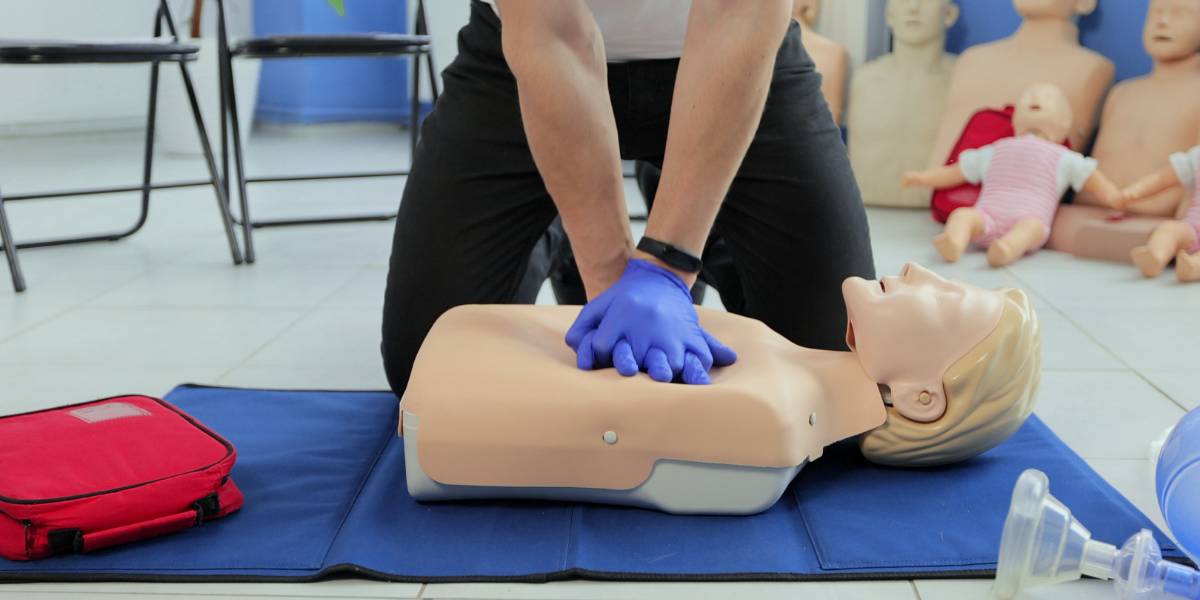Retinal detachment is a rare age-related condition that occurs when the blood vessels that supply oxygen and nutrients to the layer of cells at the back part of your eye (retina) start to pull away.
A detached retina is a serious problem which can lead to complete loss of vision in the affected eye.
What is the retina?
The retina is a layer of tissue at the back of your eye that contains millions of nerve cells.
These cells take the light that enters the eye and convert it into nerve signals for the brain, which gives us our eyesight.
However, a lack of constant blood supply to the retina can destroy these nerve cells, increasing the risk of severe vision loss or even blindness
What causes retinal detachment?
As we age, the retina part of our eye becomes thinner and more fragile.
This often leads to tiny holes appearing inside the retina, which allow fluid between the retina and the lens of the eye to leak underneath the retina.
Too much fluid underneath the retina can cause it to start pulling away from the small underlying blood vessels. This starves the retina of oxygen, which in turn destroys the light-converting nerve cells.
Diabetic retinopathy
Diabetic retinopathy, or retinopathy, is one of the common long-term complications of diabetes and also a leading cause of blindness in adults
Retinopathy is bought on by prolonged levels of high blood sugar – the hallmark of diabetes – which damage the small blood vessels within the retina. This damage can cause scar tissue to form, which can pull the retina out of position
- See our guide on diabetic retinopathy
Other causes
Other less common causes of retinal detachment include:
- Uveitis and other conditions that cause swelling inside the eye
- Eye injuries – a direct injury to the eye can cause holes to develop inside the retina
- Previous eye surgery, such as cataract removal, may also make the retina more vulnerable to damage.
Who is at risk of retinal detachment?
The chances of developing retinal detachment is greater for people who:
- Are between the ages of 50 and 75 years
- Have diabetic retinopathy
- Are very short-sighted
Individuals who are short sighted have the highest risk of retinal detachment as they are usually born with a thinner than normal retina
In the UK, statistics show that just 1 in every 10,000 people will develop a new case of retinal detachment in any given year.
What are the symptoms of retinal detachment?
The early warning signs of retinal detachment include :
- Sudden appearance of small black spots, or one large black spot, that float across your field of vision (floaters)
- Quick flashes of light in one eye
- Blurred vision
If you experience any of these symptoms, you should contact your GP immediately. If they think your retina has or is very close to becoming detached, they will usually refer you to an eye specialist (ophthalmologist) for further examination.
How is it treated?
Treating retinal detachment as soon as possible following diagnosis is vital for preventing the permanent loss of vision in the affected eye. Without treatment, increasing loss of sight in the affected eye is almost certain.
Surgical treatment will be required to try and reattach the retina, and there are various forms of eye surgery that may be recommended depending on the complexity of your case/ retinal detachment.
Following surgery, your vision may still be impaired until your eye fully recovers, which can take months.
However, not all surgical procedures result in normal eyesight being restored. Even in cases where the retina is successfully reattached, there is a risk that you may still experience reduced peripheral or central vision, but not total vision loss, following your treatment.
The longer the retina is left detached (or untreated), the greater the permanent loss of vision will be.







